Add Industry Recognized Credentials To Your Resume
Stand out with an accredited certification that’s recognized globally. Getting certified shows that your new skills are industry validated.
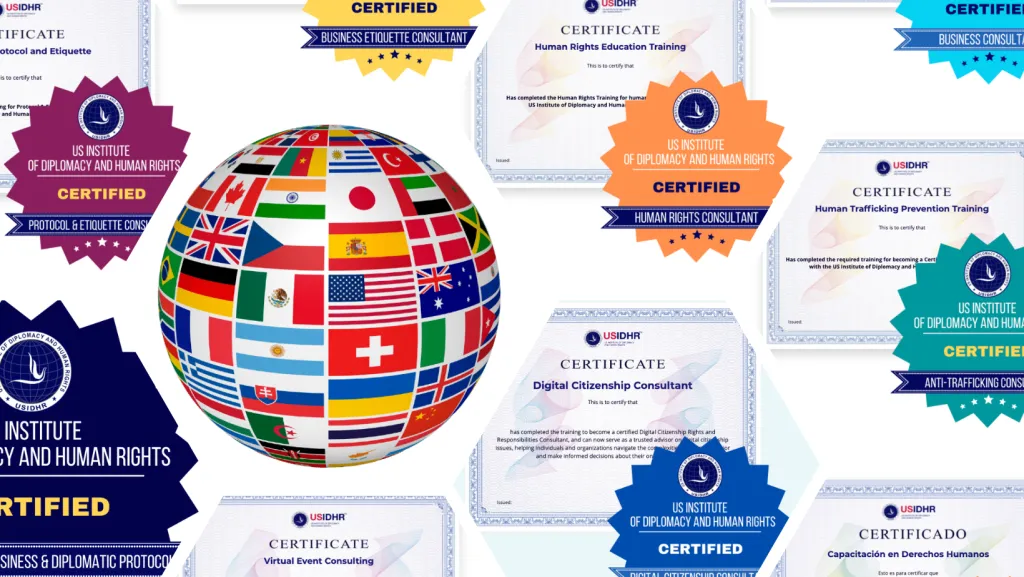
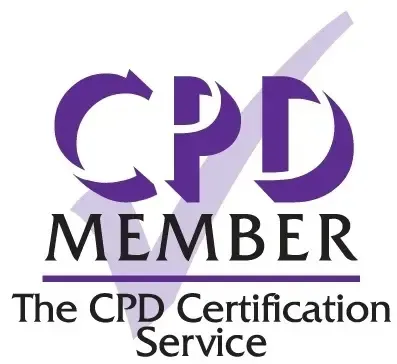
CONTINUING PROFESSIONAL DEVELOPMENT (CPD®) ACCREDITED MEMBER
The US Institute of Diplomacy and Human Rights (USIDHR) is an International Continuing Professional Development (CPD) Accredited Organization. Accredited CPD training means the learning activity has reached the required Continuing Professional Development standards and benchmarks. The learning value has been scrutinized to ensure integrity and quality. The CPD Certification Service provides recognized independent CPD accreditation compatible with global CPD requirements.

Benefits of certification
Earning a professional certification clearly demonstrates dedication to one’s profession, highlighting a well-trained and competent individual proficient in industry tools. Pursuing such certifications can benefit career advancement, enhancing professional credibility and earning potential. It also demonstrates a commitment to continuous learning and self-improvement, an attribute valued by employers.
43%
got a new job or got promoted at current job

5 Star Google Customer Reviews
52%
started their own business or non-profit organization
*Based on a survey of over 3,000 USIDHR consultants in 2023
Why get certified with USIDHR?
When it concerns accreditation & instruction, it’s crucial to ensure the education you get meets industry expectations. Additionally, the credential you obtain should be from a reputable institution that has the confidence of the industry. Earning a certification is just one aspect; what is most crucial to employers is that you possess the necessary experience, expertise, and knowledge to apply what you’ve learned. USIDHR’s certification courses are recognized worldwide and have been approved as continuing professional development by many organizations and employers, including the United Nations, UNICEF, World Bank, embassies, and governments worldwide.

What are certifications?
Certifications are professional credentials that individuals earn to demonstrate their legitimacy and competency to perform a specific job or role. Typically, a certification is displayed as a document that confirms the holder has received training and education, and has met specific criteria and standards. To earn a certification, an individual must pass assessments that are administered by recognized third-party credentialing institutions. These assessments are designed to verify that the individual has the necessary knowledge, skills, and abilities to succeed in their chosen field.
Certifications vs. licensure
Certifications and licensure are two distinct types of credentials that professionals can obtain. Certifications are voluntary credentials earned through professional organizations or educational institutions, demonstrating that an individual has met certain standards in their field. Licensure, on the other hand, is a legal requirement that certain professions must obtain before practicing.

You May Also Like
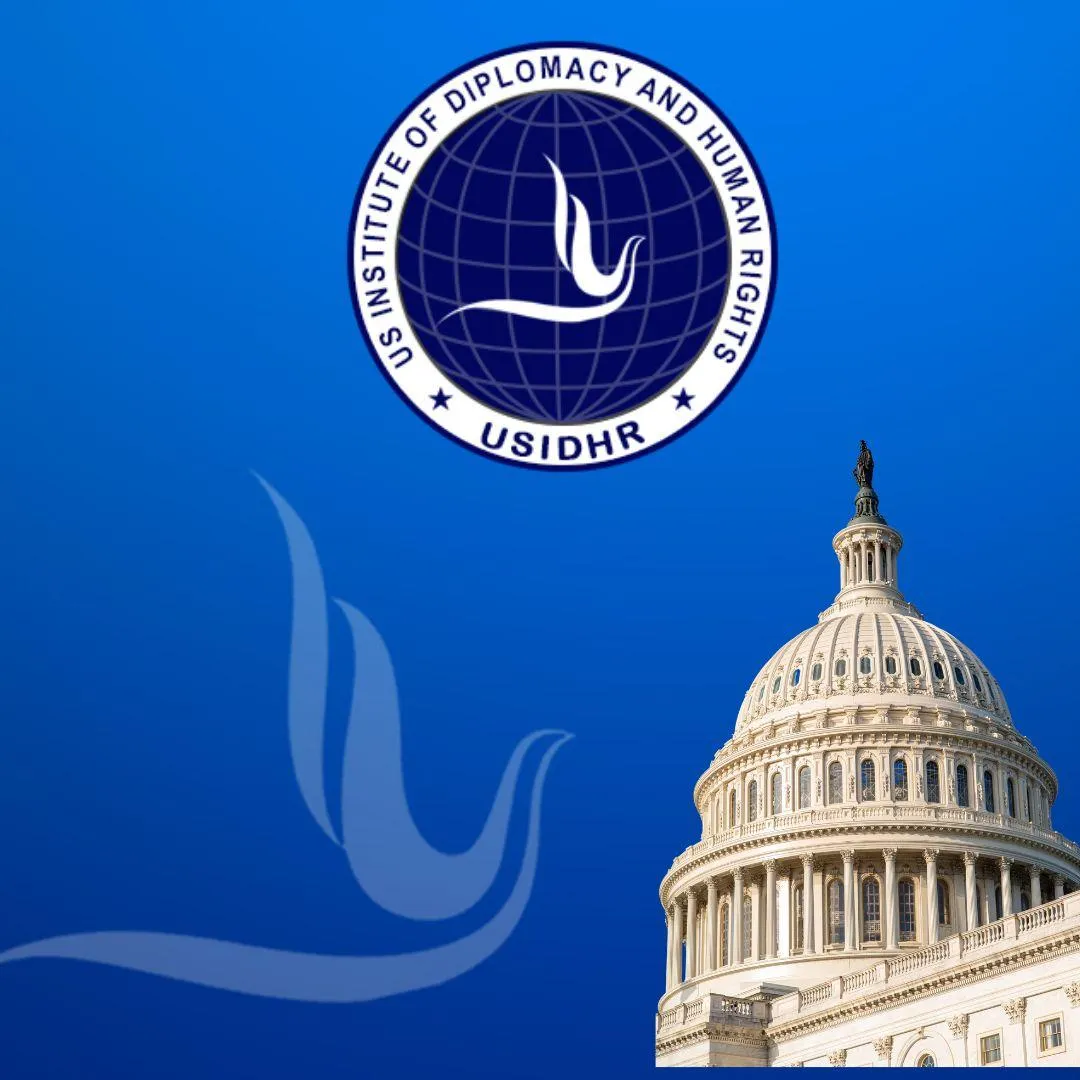
About USIDHR
US Institute of Diplomacy and Human Rights™ (USIDHR) is a non-profit think tank serving the growing field of human rights education and diplomacy specialists.

Become A USIDHR Consultant
Join the community of USIDHR Consultants. Gain your certificate and be part of a network of consultants ready to be hired.
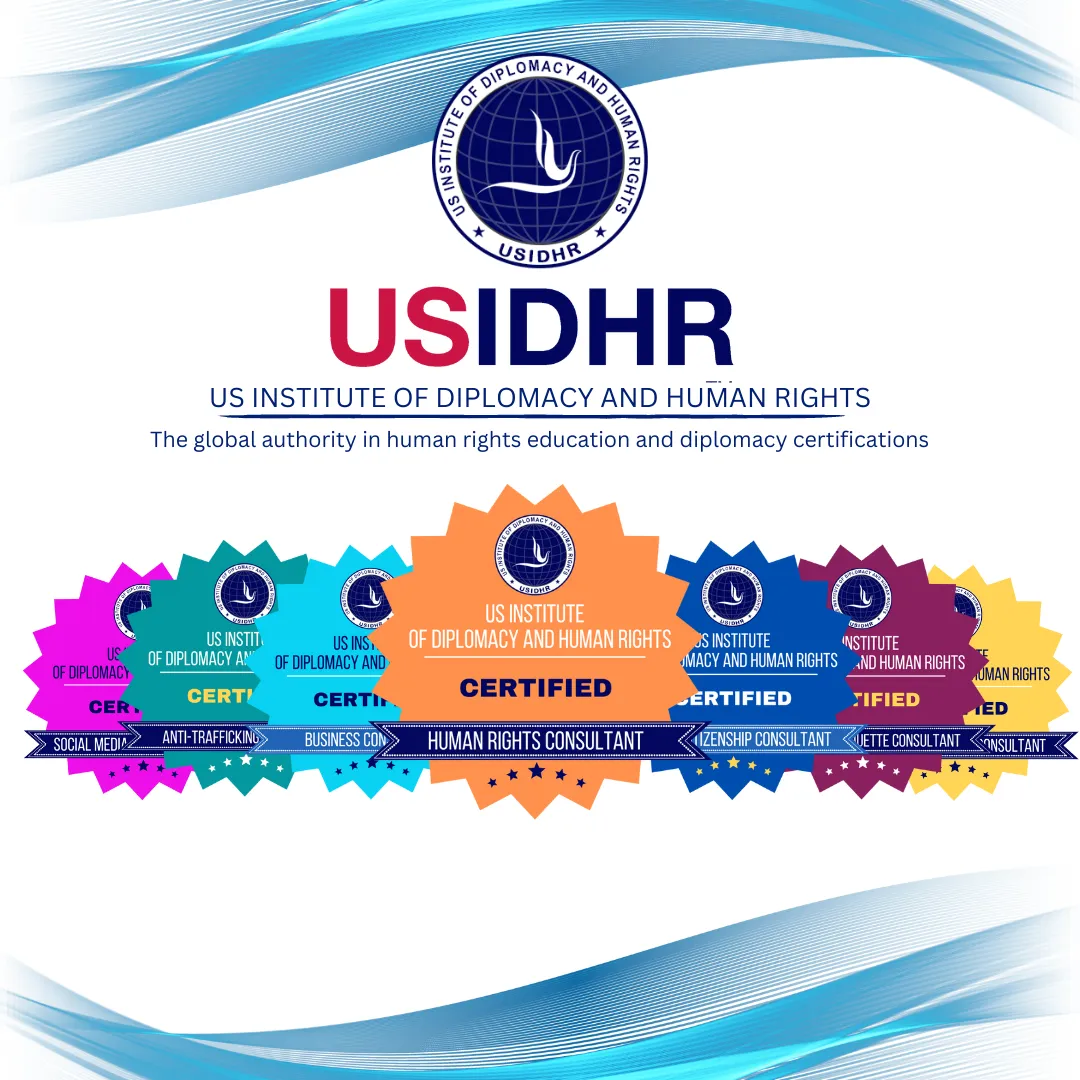
How Do I Become Certified?
Human Rights and Diplomacy are rapidly growing fields, and many professionals wonder ‘how do I become certified’? Find out how in the 4 steps to certification.
Certified Professional Directory
USIDHR’s badges and certificates are now available to verify your professional certifications and membership in an enhanced Certified Professional Directory. The directory allows you to easily showcase the skills and achievements you’ve gained from USIDHR to support your business analysis career.
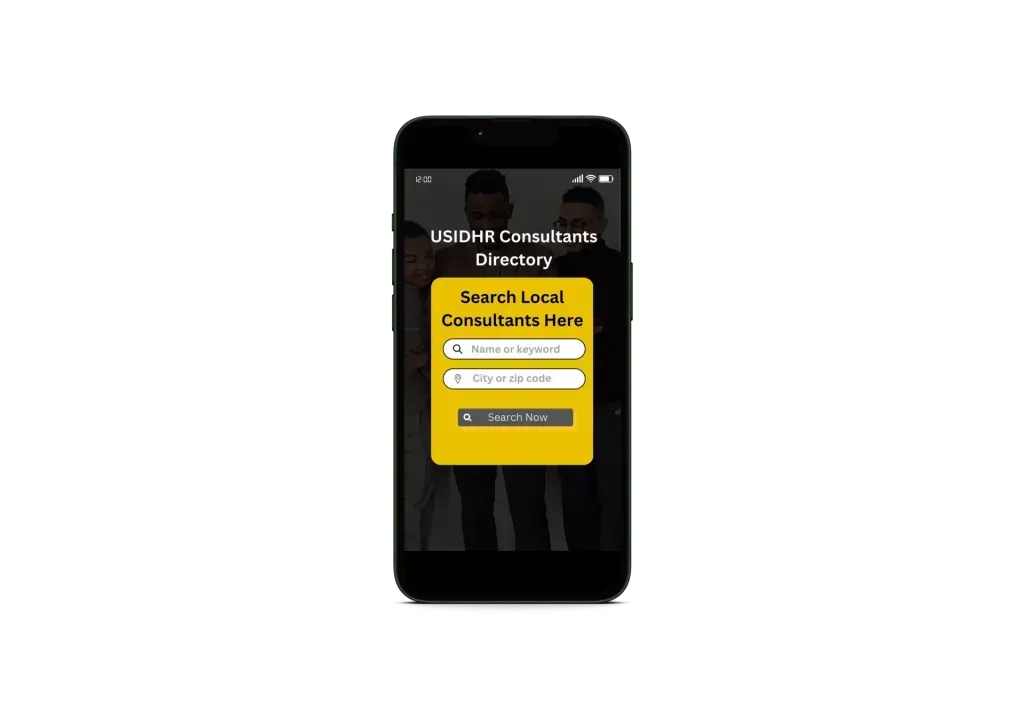
© 2023 US Institute of Diplomacy and Human Rights is a 501(c)(3) organization. Gifts are deductible to the full extent allowable under IRS regulations.
